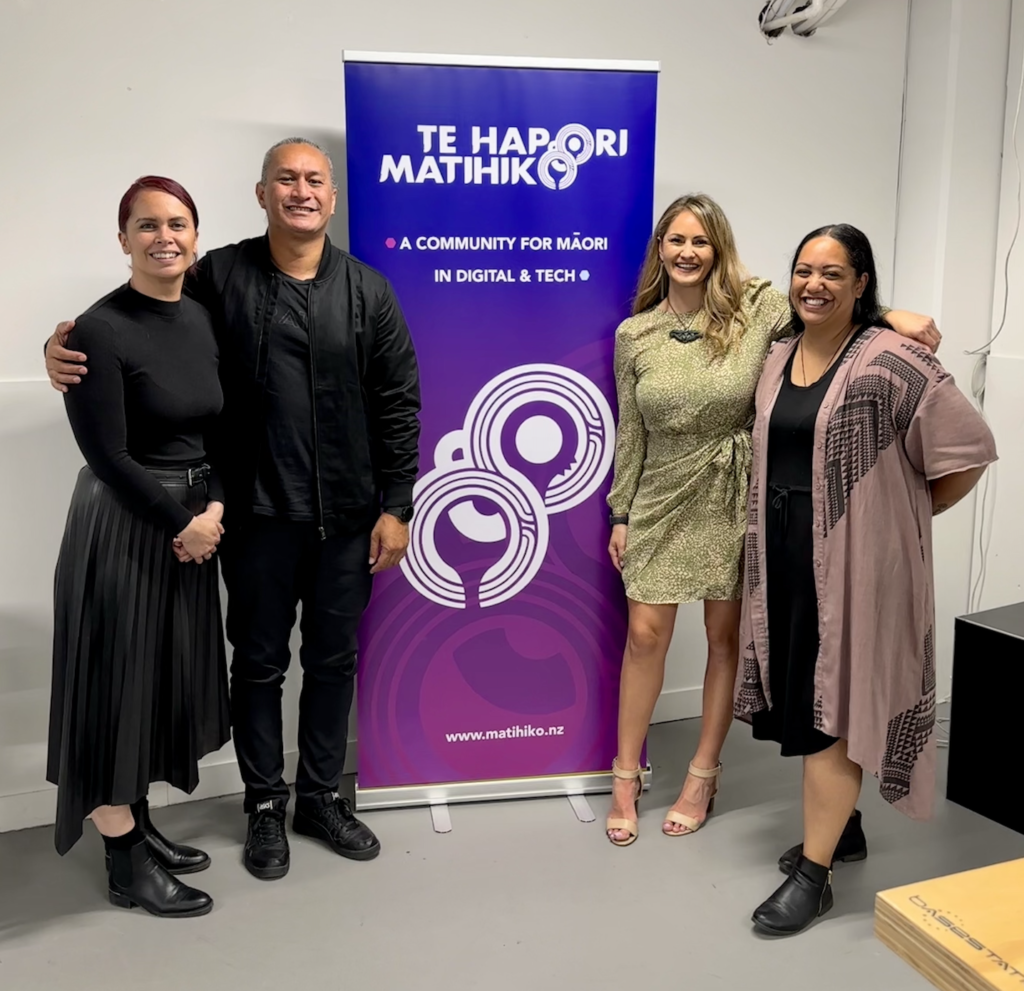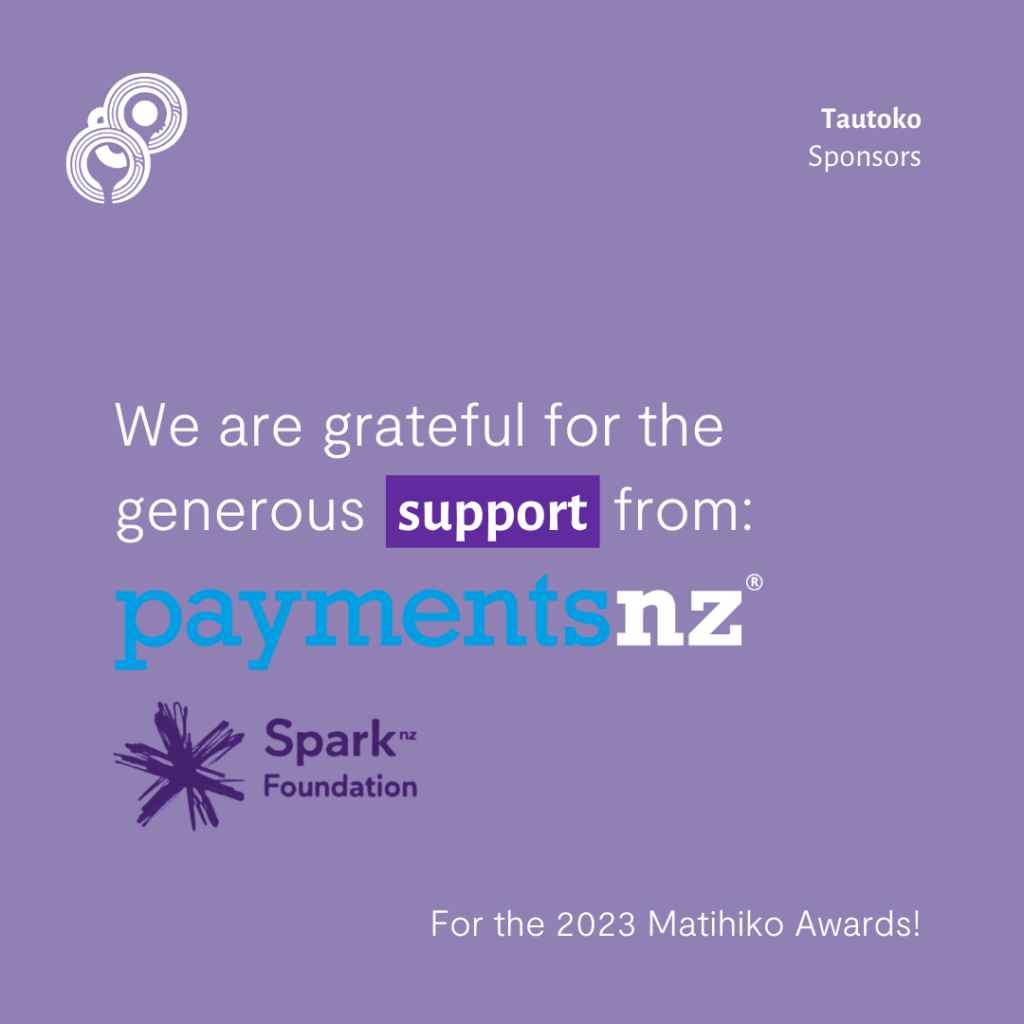Being Māori in a non-Māori world can be difficult to navigate, especially when you want to honour Māoritanga. Tangata whenua deserve to be seen in all aspects of life, so, here’s some ways to honour Māori in the workplace.
1 – Karakia:
Gentle reminder: it is not the responsibility of Māori to lead every karakia and pakihi that want to honour te tiriti will encourage learning things like language and tikanga.
Karakia can be general to bring together energies under one kaupapa, karakia can be intimate and personal to focus your mind and wairua. Take the time to karakia before work, before eating, before a hui – whenever you see fit to find clarity throughout your day and to calm any unnecessary (angry, hōhā, tiresome) energy. You don’t need to know a specific karakia to do this. It’s okay to speak from the heart but if you find a karakia that fills your wairua, then say it. Karawhiua!
2 – Mihi ki te whenua:
With whakapapa Māori comes a history, a connection with the whenua. Through pepeha we speak of the tūtohu whenua that has cared for generations of our people, care that we reciprocate now and for generations to come – like all other hapū/iwi.
Whenever you get the chance, whether that be during meetings, big presentations, emails or conversations. Talk about the whenua of the iwi that you/the business currently occupy and acknowledge what was here before you.
3 – Mihi ki te whare:
It’s common practice within whaikōrero, karanga and mihimihi to greet and acknowledge the whare that provides shelter for us.
So this one is very simple, mihi to the whare (building) you work in and thank the whare for keeping you safe and warm before carrying on with your day.
4 – Reo Māori:
Okay, this one isn’t really a tikanga but it is still something we can do during our work day to include ao Māori.
Whether you know very little Reo or you know lots – speak Reo Māori. A simple ‘Kia ora’, ‘Tēnā koe’, or ‘kei te pēhea koe?’ ‘E koa ana ahau’ is enough. If someone ask you to translate, remember manaakitanga and take a minute to teach.
Another gentle reminder: translations and education are a specialist’s job and if you don’t want to do the work then you don’t have to. If you want to, make sure you are paid for your mahi.
————————–
These are only small portions of tikanga, ao Māori that you can bring into your mahi. We know that sometimes it can feel like the responsibility of including tikanga Māori in your mahi can weigh heavy, but it’s all about doing the best that you can when you can. Tūpuna would be proud of you regardless, nō reira tūwhitia te hopo and give it a go. You never know, you might be paving the way for the next generations of Māori in your field. Okea ururoatia.
Te reo translations:
Nō reira anei ētehi paku tīwhiri | so, here are some ways/options
Tūtohu whenua | cultural landscapes
Okea ururoatia | Keep fighting.



